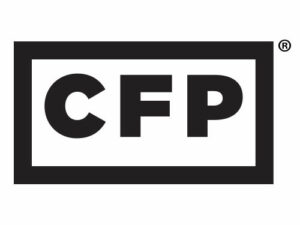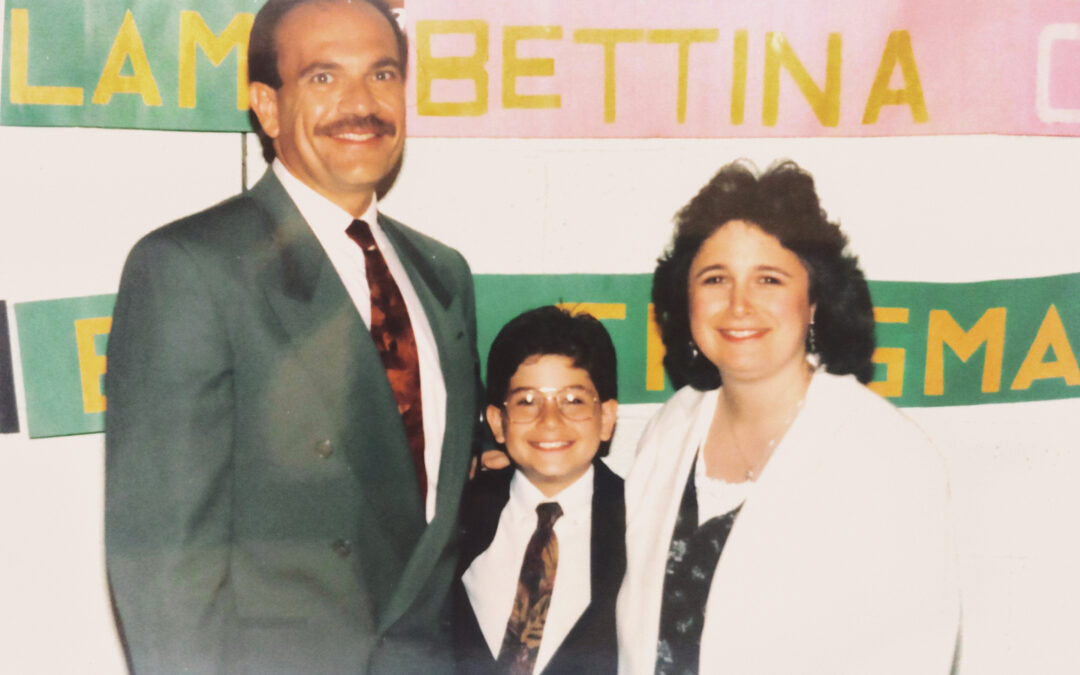By Bryan Trugman, CFPⓇ
I had the advantage of growing up with a financial planner for a father who gave me some “tough love” about managing money. I have to admit that I did not particularly enjoy learning many of these lessons at the time! But in hindsight, I’m grateful that my parents instilled good financial habits and values in me from a young age. I can also see how some of the early childhood lessons helped to shape my own eventual decision to become a financial planner.
Far too often, we see that most parents are ill-prepared in dealing with financial matters themselves. With that in mind, it’s never too early to start teaching the ABCs of money, which helps children develop a healthy attitude and create a foundation of financial habits that will benefit them for their entire lives. My parents did a good job showing me the value of deferred gratification, teaching me to be patient, and impressing upon me the value of saving money.
Deferred Gratification
Growing up, I had an allowance. If I made my bed, took the garbage to the curb, brushed my teeth, and cleaned up my room, I would earn money. I wasn’t always allowed to order soda at a restaurant, and I wasn’t allowed to eat candy or drink soda during the week. These privileges were limited to the weekends. Having to defer gratification in general created a foundation that helped me to see the value of saving up my money instead of spending it all. It is super important for kids of all ages to learn the importance of making sacrifices. Sometimes parents overindulge their children by buying them whatever they want. Although a child may want every toy in the store, that doesn’t mean they can have it all today. Eventually, every parent must learn to say “no”; otherwise, the children will likely develop an attitude of entitlement or not learn to recognize the value of hard work. The discipline to defer gratification ultimately determines a person’s ability to live up to their potential and enjoy a fulfilling life.
Saving Versus Spending
At travel camp, when I was around 13 years old, we received $5.00 cash to spend on lunch and $8.00 for dinner. For example, if we were at an amusement park, we could use the cash to buy lunch and dinner at the food courts. I never spent the full amount, and at the end of the summer, I had saved up over $50.00! I recommend that parents use an allowance as a tool to illustrate the concept of managing a finite amount of money. For instance, if a child asks for a toy, a video game, or a pair of shoes in the store, the parent can suggest that if the child really wants to buy the item, they can save up allowance money. This accomplishes two goals: the child must delay the purchase, and at the same time, the intervening delay will create an opportunity to think about whether or not the particular toy is worth the money.
Earning Money And Preparing For College
During the teenage years, when kids are old enough to start working a part-time job, the initial experiences can offer invaluable lessons about managing larger amounts of money as well as thinking about career paths. Children who learn to save money and defer gratification in their earlier years will be better able to manage the gradual transition into adulthood. Some banks offer credit cards for teens. Getting a low-limit credit card can provide practical lessons about avoiding the temptation to buy luxuries on credit. As advisors, we sometimes see adults who have run up six-figure credit card bills because they did not learn some of these fundamental lessons earlier in life!
As children begin to earn money, perhaps through a part-time job, the subject of college will grow in importance. I believe parents should encourage their children to think about how they will use their education to build a career. The workforce has changed considerably over the past several decades, and the notion that any college degree will automatically lead to more fruitful employment is simply not true. Parents need to help their children understand the long-term impact of where they apply to college and what degree programs they choose. Choosing private vs state schools can have far-reaching financial implications for both the parents and the child. As with any substantial investment, which college certainly is, you want to do your due diligence to hopefully have a successful outcome.
Do You Need Help Building A Foundation For Your Kids?
Our attitude and the way we think about money determines the opportunities we have, and ultimately the quality of life we get to live. I’m glad my parents taught these lessons to me. If you’d like to discuss how I can help you encourage a healthy money attitude and build a strong foundation for your children (and their children), please feel free to reach out to me via email at btrugman@attitudefinancial.com or give me a call at (516) 762-7603.
About Bryan
Bryan Trugman is managing partner, co-founder, and CERTIFIED FINANCIAL PLANNER™ (CFP®) practitioner at Attitude Financial Advisors. With more than 12 years of experience, Bryan specializes in addressing the financial needs of new parents as they seek to realign their finances, assisting divorced individuals as they navigate an unforeseen fork in the road, and strategizing with those seeking to accrue a dependable retirement nest egg. Bryan is known for being a good listener and building strong relationships with his clients so he can help them develop a customized financial plan based on what’s important to them. He is passionate about helping his clients experience financial confidence so they can worry less and play more. Bryan has a bachelor’s degree in industrial and systems engineering with a minor in mathematics from State University of New York at Binghamton. He has served on the board of the Financial Planning Association and continues to be actively involved in the national organization. He is also a member of the Plainview-Old Bethpage Chamber of Commerce, for which he has served as a vice president and board member. When he’s not working, you can find Bryan on the ballroom dance floor or engaged in a fast-paced game of doubles on the tennis court. To learn more about Bryan, connect with him on LinkedIn.



